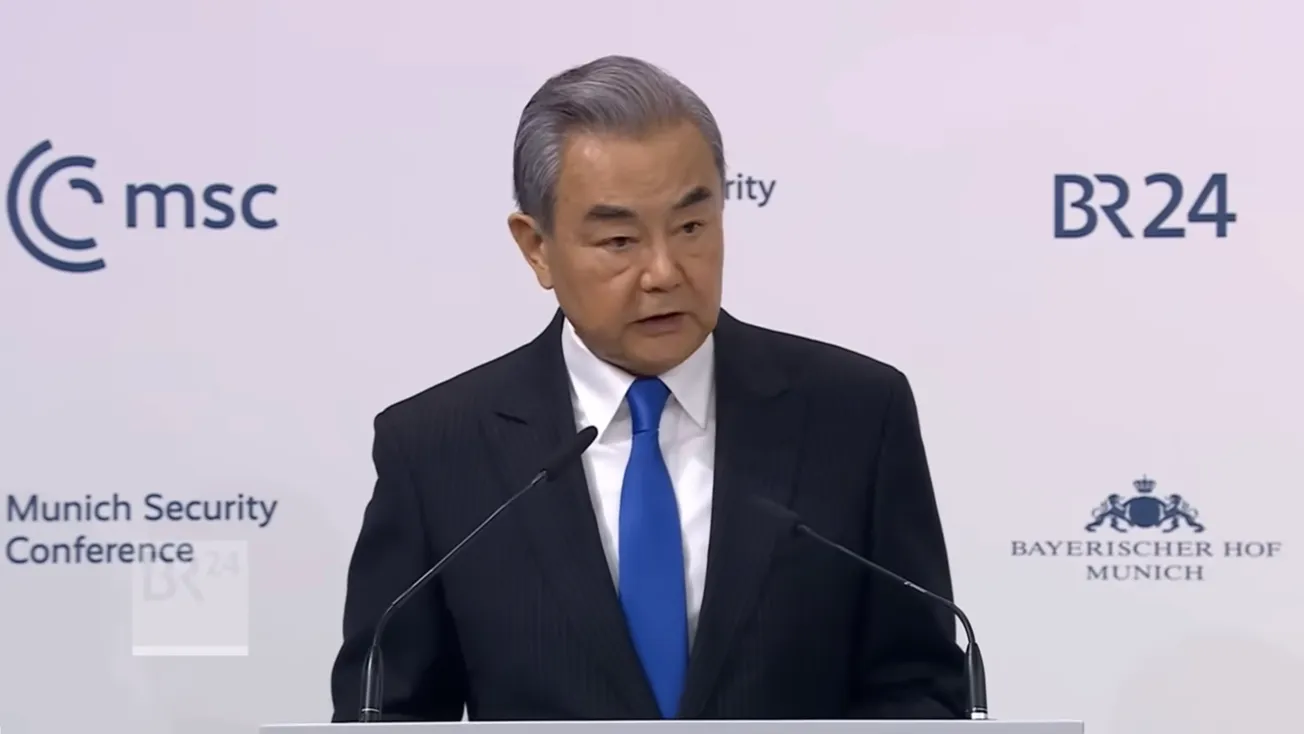The Eurasian Economic Union (EAEU) held its summit for heads of state and government yesterday in Moscow, on the occasion of the 10th anniversary of the signing of the treaty establishing the union. Russian President Vladimir Putin welcomed Belarus’s President Aleksandr Lukashenko, Kyrgyzstan’s President Sadyr Japarov, Kazakhstan’s President Kassym-Jomart Tokayev, and Armenia’s Prime Minister Nikol Pashinyan.
Putin described the EAEU saying, “We note with satisfaction that over the past decade our association has established itself as an independent and self-sufficient centre of the emerging multipolar world.” He spoke of this in terms of trade and investment exchanges, the strengthening of commercial ties, and the expansion of cooperative relations: “In actual practice, it helps ensure stable and sustainable development both of the five member countries and the Eurasian region as a whole, and results in improving the quality of life and well-being of our people.
“The economic indicators speak for themselves: According to available estimates, over the 10 years the total GDP of the Eurasian Union countries went from $1.6 to $2.5 trillion. Trade with third countries increased by 60%, from $579 to $923 billion, and the volume of mutual trade almost doubled: from $45 to $89 billion, with over 90% of settlements already made in national currencies. It is noteworthy that positive macroeconomic dynamics continue this year.”
Putin’s presidential aide Yury Ushakov said that, amongst Putin’s scheduled bilateral meetings on the sidelines, one with Armenian Prime Minister Nikol Pashinyan would be, as quoted by [TASS](https://tass.com/politics/1785415 ), “quite substantial as there are a lot of issues to discuss. A number of problematic topics have accumulated in Russian-Armenian relations lately. We expect the leaders to have a frank discussion about them.” He also cited a meeting with Lukashenko, who had said that “he planned to discuss military coordination and issues related to tactical nuclear weapons with Putin….”
A report was presented on the implementation of the Strategic Directions for Developing Eurasian Economic Integration until 2025, which showed that most of the activities laid out last year had been completed already. Discussion, in part, dealt with the way forward over the next year. According to Pashinyan, there was a report and review of the ongoing “consultations... to facilitate trade with Egypt, Indonesia and the United Arab Emirates. Besides, preparations are being carried out to begin similar talks with India.”
Memoranda of understanding were signed with Myanmar and Nicaragua, and a full-scale trade agreement was concluded with Iran. Formal negotiations to establish an interim trade agreement with Mongolia were agreed upon, and actions to facilitate trade with Vietnam were approved.



